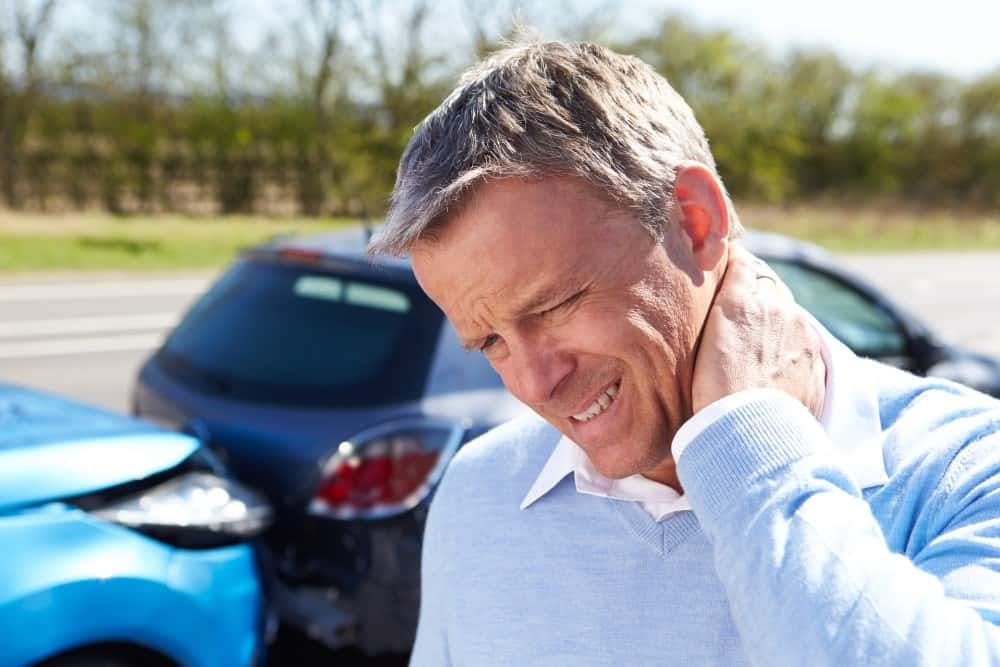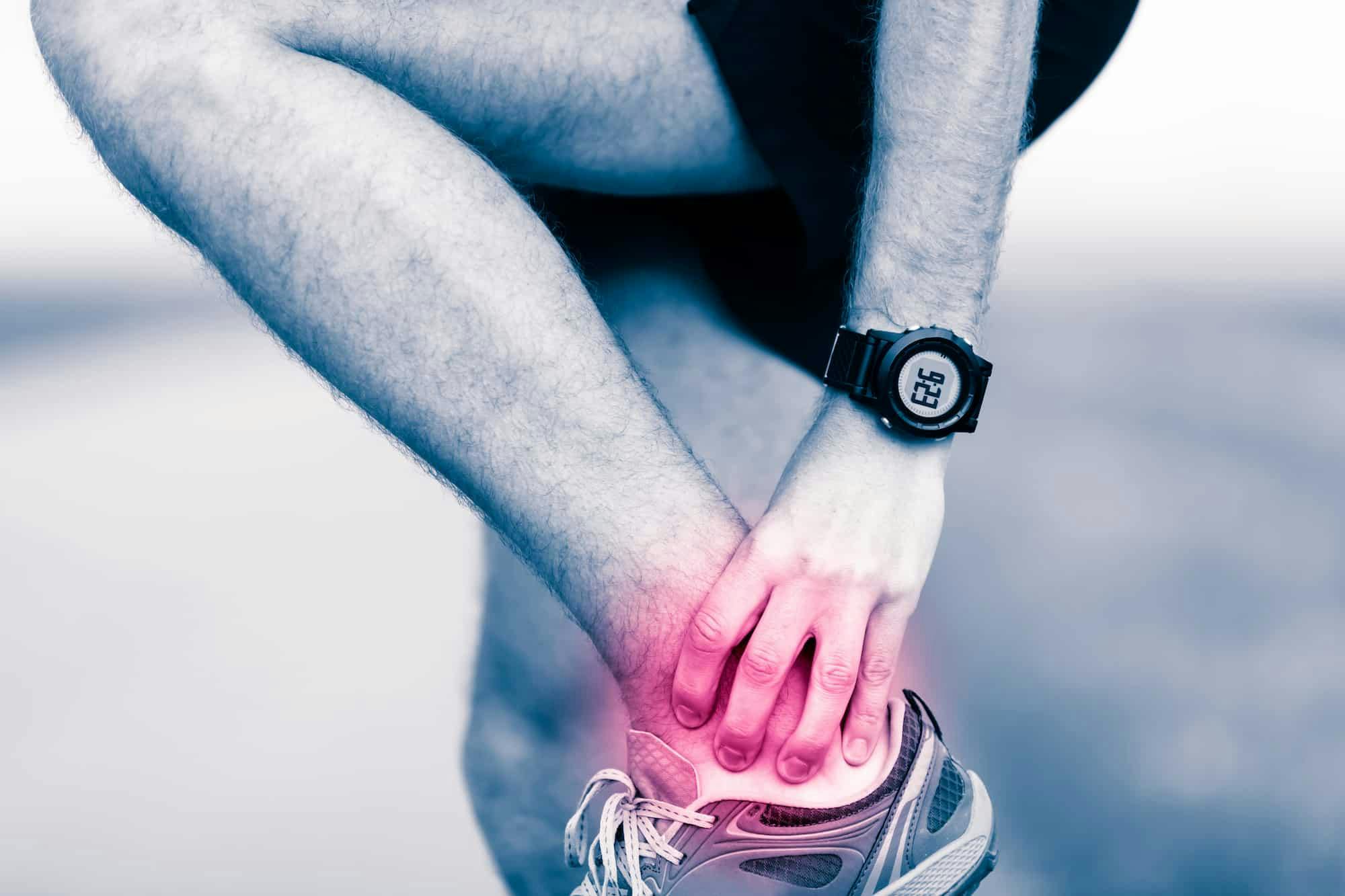- Blog
Things to do After an Auto Accident
Posted on 12-17-2025 in Personal Injury by Dr. Erik Nilssen

Posted on 12-17-2025 in Personal Injury by Dr. Erik Nilssen
Getting into a motor vehicle accident is one of the scariest moments of a person’s life. It doesn’t take a major accident to break bones, dislocate joints, or damage the vital soft tissue structures of the musculoskeletal system. Immediately following an accident, you are likely to experience a whirlwind of emotion, ranging from confusion to fear to anger. However, it is critically important for you to think clearly and act diligently in the aftermath of a wreck. What you do immediately following the accident will largely determine whether or not you experience optimal outcomes both clinically and financially. The process of filing Personal Injury Protection (PIP) benefits begins immediately following an accident, so you need to make sure you take all the right steps to set yourself up for success.
It goes without saying that the first step immediately following an accident is to get you and your passengers to a safe place. Make sure you are clear of the roadway and out of harm’s way so that there are no immediate risks to you or your passengers. After getting to a secure location, following the five steps outlined below will help ensure you start out right on the road to recovery.
1. See if Anyone Needs Help
Some accidents are minor enough that none of the involved parties will require immediate medical treatment. Others are severe and require a multi-department response, including fire trucks, ambulances, and police. Take a moment to assess the status of everyone involved in the wreck so you can tell the dispatcher what services will be required for them to adequately respond to the accident.
2. Call 911
The most important step following an accident is to call the authorities. Regardless of whether or not people need immediate medical treatment, you should call 911 because official police reports are required to file insurance claims both for damage to your vehicle and for any medical treatment required as a result of the wreck. If the other driver asks you not to call 911, you need to ignore them, regardless of how difficult it might be. They are likely trying to protect their own interests, at your expense. They might be uninsured, driving on an expired license or impaired, all of which are serious offenses that should not be taken lightly. Calling 911 will help ensure you have all of the paperwork required to take the next steps in the process.
3. Exchange Information With The Others Driver(s)
While you wait for the police, it is a good idea to go ahead and exchange information with the other drivers involved in the accident. You should gather their names, telephone numbers, addresses, and insurance and drivers license information while providing all of the same information for yourself to them. It is also advisable to take stock of the damage to all of the vehicles, documenting with photographs if possible. If you are the at-fault driver, you do not want to be on the hook for damage incurred after the accident, so documenting what actually occurred is always the best idea.
4. Seek Medical Help
If you experience any symptoms of injury–pain, swelling, bruising, etc.–following the accident, you should seek medical treatment immediately. You should never say that you are “okay” and will not require medical treatment, as some injuries can take days or even weeks to fully manifest. If you speak too soon and rule out the need for future medical care, you could be depriving yourself of one of the fully-deserved benefits of insurance coverage. Delaying medical attention and telling people you are fine can and will be used against if there is ultimately a personal injury claim as a result of the accident. If at all possible, you should seek out a medical provider who specializes in treating personal injury patients, as the ins and outs of these claims can be quite tricky.
5. Be Mindful of What You Say
Throughout this entire process, from immediately after the accident through to resolution of the issue, it is very important for you to be mindful of what you say. This includes what you say to the police officers, the other drivers, and your passengers. Do not admit fault, do not apologize, and do not say that you are not injured without seeing a doctor first–as mentioned above, some injuries can take a long time to appear, but they are directly attributable to the accident, and if you rule out the possibility you might need care down the road, you are weakening your position. Saying the wrong things to the wrong people can affect the likelihood of success of your personal injury claim, or it can be used by the others drivers against you in a personal injury claim of their own.
At the end of the day, the steps you take immediately following an automobile accident will largely dictate how fully you recover, both financially and clinically. By following the steps outlined above, you will maximize your chances of returning to your life as it was before the accident.

With summer in full swing and children taking advantage of more time to participate in sports-related or other outdoor activities, it’s essential to be mindful of injury prevention while encouraging their interest in activities that don’t involve screen time!

May is National Arthritis Awareness Month, and of the more than 100 forms of this painful condition, many can affect the ankle. In fact, almost half of people in their 60s and 70s have arthritis of the foot and/or ankle, but not all of them have symptoms.

Springtime in North Florida is the perfect season for gardening, but hours spent planting, pruning, and digging can take a toll on your body. At North Florida Bone & Joint Specialists, we often see patients with gardening-related injuries affecting the hands, upper extremities, shoulders, and knees. Whether you're a weekend hobbyist or an avid green thumb, practicing proper ergonomics can help ensure you stay injury-free while you enjoy your time outdoors.